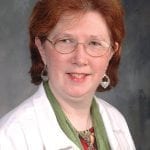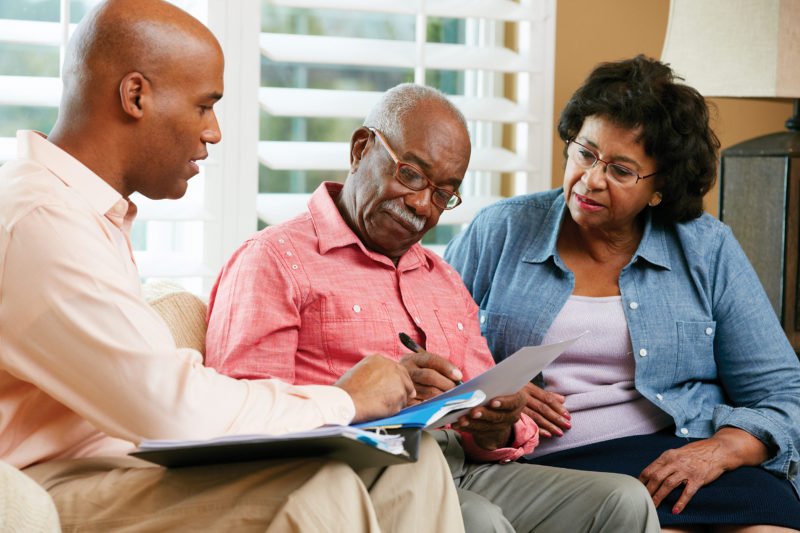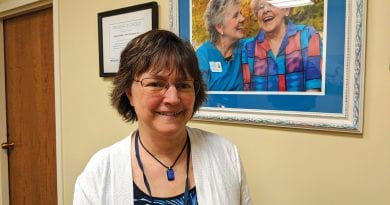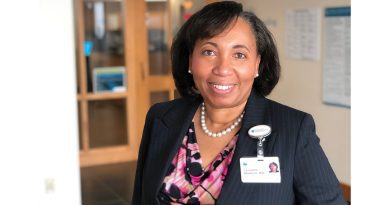What Older Adults Need to Know About Coronavirus
High-risk Population
By Dr. Maura Brennan
Millions of older adults are living in isolation at home or in nursing facilities because of the risk of contracting COVID-19.
The Centers for Disease Control and Prevention (CDC) has identified older adults (specifically those 65 and older) and those living with such chronic medical conditions as diabetes, heart disease, and lung problems as being at higher risk to develop more serious cases of COVID-19. Early data suggests older people are twice as likely to have more serious complications from the novel coronavirus, and death rates are higher in older adults across the world.

“It is important to stay home right now, but older adults should remain as physically active as possible.”
There are probably several reasons for their higher risk. Older people as a group have more heart disease and lung disease, and more of them, especially the men, smoked in their youth. But, even if they are healthy, their bodies do not stand up as well to major medical stresses. In essence, it is easier for them to get really sick because their organs and immune system are not as resilient as they were in the past.
As a result, the CDC and top infectious disease experts have advised the nation’s population of more than 105 million seniors to“stay at home as much as possible. This advice is correct and should be taken to heart, but there are two sides to this coin.
Clearly, the priority right now needs to be for people to stay home and isolate to prevent the spread of the disease, which can be fatal, especially for older people with other medical problems. However, the isolation can lead to depression and anxiety and impact quality of life. People may also become very weak if they are just sitting on the couch all day. It is important to stay home right now, but older adults should remain as physically active as possible and stay in touch with their families and communities through the phone, e-mail, and any other way they can. Let your doctor know if you start feeling really depressed.
The CDC and I recommend that seniors and those with underlying medical conditions:
• Stay home if possible;
• Wash hands often. Sing “Happy Birthday” twice while scrubbing the front and back of the hands, individual fingers, and wrists;
• Avoid close contact (six feet, which is about two arm lengths) with other people. You cannot know who is infected — some people don’t even feel ill, so you need to distance even from those who feel fine. Many children who are infected are in this category and should not visit except in true emergencies;
• Clean and disinfect frequently touched surfaces with a bleach or alcohol solution;
• Avoid non-essential travel;
• Minimize trips to the store. Wear gloves when pumping gas, pushing grocery carts, etc. Discard or wash gloves on return. It is even better to have supplies delivered or ask other family members to drop off groceries for you. If you do need to shop, check out the ‘early bird’ older adult hours being offered at many stores. If you have to shop, go at times when the stores are the least crowded and you can maintain your distance. This may well be during the senior hours; and
• Call your healthcare team if you feel sick or are worried you might have COVID-19. Do not go to the doctor’s office or emergency department without calling first. If you do have COVID-19, you may make others ill, and if you do not, you may catch it there.
We can all get through this together. The more careful we are now, the sooner the spread of the infection will come under control and the restrictions will ease. That will save lives. The life saved may be yours or that of someone you love.
Our fates, joys, and challenges are all interconnected. I wish all the older adults in the Greater Springfield area and beyond much health and happiness in the months to come. This is a resourceful and strong generation. Many of our older adults have survived wars, poverty, and many losses. They will survive this as well.
Dr. Maura Brennan is program director of the Geriatric Workforce Enhancement Program at Baystate Medical Center.



